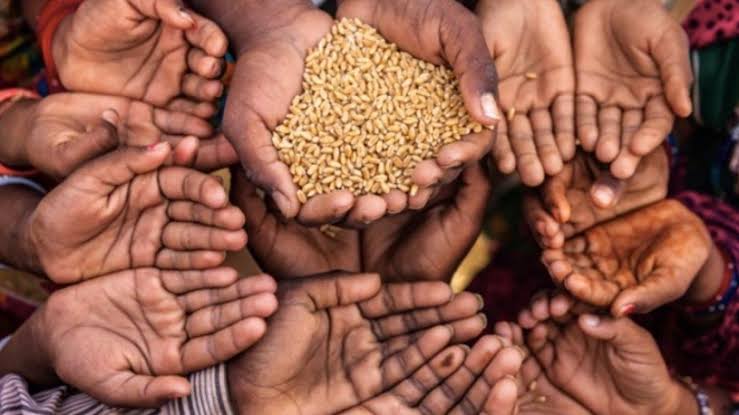FIVE United Nations agencies have called for urgent action to protect the vulnerable children in Nigeria and 14 other countries worst hit by the food and nutrition crisis.
A press statement issued by the World Health Organisation on Thursday noted that conflict, climate shocks, ongoing impacts of COVID-19 and rising costs of living are leaving an increasing number of children acutely malnourished while key health, nutrition and other life-saving services are becoming less accessible.
The statement read in part, “Currently, more than 30 million children in the 15 worst-affected countries suffer from wasting – or acute malnutrition – and eight million of these children are severely wasted, the deadliest form of under-nutrition. This is a major threat to children’s lives and their long-term health and development, the impacts of which are felt by individuals, their communities, and their countries.
“In response, five UN agencies – the Food and Agriculture Organisation, the UN Refugee Agency, the United Nations Children’s Fund, the World Food Programme, and the World Health Organisation are calling for accelerated progress on the Global Action Plan on Child Wasting.
“It aims to prevent, detect and treat acute malnutrition among children in the worst-affected countries, which are Afghanistan, Burkina Faso, Chad, the Democratic Republic of the Congo, Ethiopia, Haiti, Kenya, Madagascar, Mali, the Niger, Nigeria, Somalia, South Sudan, Sudan, and Yemen.
“The Global Action Plan addresses the need for a multi-sectoral approach and highlights priority actions across maternal and child nutrition through the food, health, water and sanitation, and social protection systems.”
The UN agencies call for decisive and timely action to prevent the crisis from becoming a tragedy for the world’s most vulnerable children.
“This situation is likely to deteriorate even further in 2023.
“We must ensure availability, affordability, and accessibility of healthy diets for young children, girls, and pregnant and lactating women. We need urgent action now to save lives, and to tackle the root causes of acute malnutrition, working together across all sectors,” said the Director-General of FAO, Qu Dongyu.
The Director General of WHO, Dr Tedros Ghebreyesus, said, “The global food crisis is also a health crisis, and a vicious cycle: malnutrition leads to disease, and disease leads to malnutrition.
“Urgent support is needed now in the hardest hit countries to protect children’s lives and health, including ensuring critical access to healthy foods and nutrition services, especially for women and children.”
Meanwhile, a medical doctor and policy analyst, Dr Julian Ojebo, said malnutrition in Nigeria can be associated with poverty, which may have long-lasting effects on children beginning before birth and continuing after birth.
“Economic power, which is the ability to pay for what an individual wants can provide individuals pass to resources to avoid or buffer exposure to health risks. When the child is appropriately fed, malnutrition will be reduced or completely eradicated,” he said.







